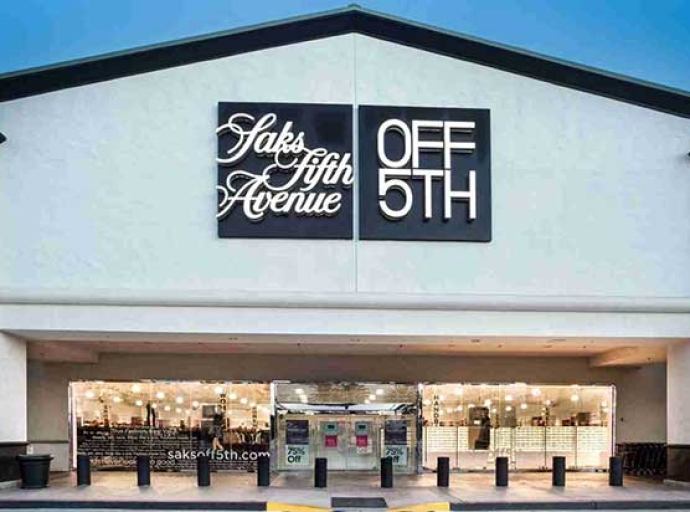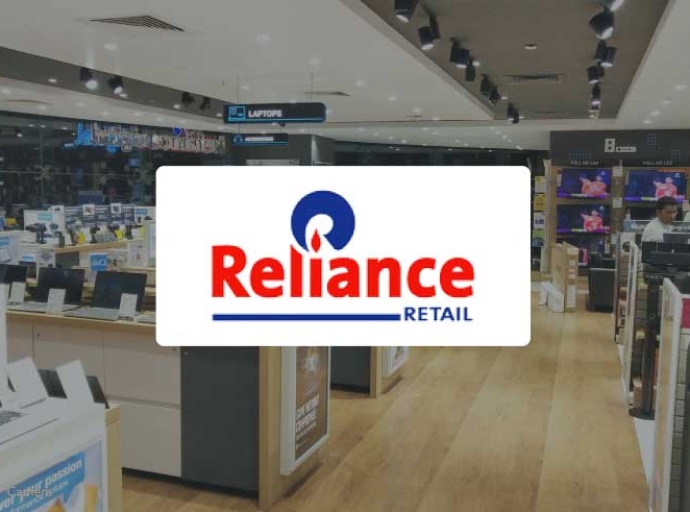Retail sector in India to exceed $2.2 trillion by 2030: Reprot

Doubling from its 2023 value of $1.1 trillion, India's retail sector is set to exceed $2.2 trillion by 2030. Most of the growth will be dominated by the online retail segment that is projected to grow between $150 billion and $200 billion by 2030.
As per a joint report by Accel, Fireside Ventures and Redseer Strategy Consultants, brands are increasingly adopting an omnichannel approach though offline sales currently dominate.
Titled, ‘Decoding Omnichannel: Strategies for D2C Brands,’ the report cities data, personalisation, convenience, and customer engagement across both online and offline touchpoints as factors necessary to ensure a seamless shopping experience.
Prashanth Prakash, Partner, Accel, notes a significant shift in consumer behavior, with brands achieving Rs 100 crore milestone within 18 months, compared to a decade ago. He urges brands to opt for strategic scaling rather than relying solely on financial investments.
According to the report, Indians conduct approximately 24 billion online searches annually across various product categories before making purchases. Notably, 60 per cent of this search volume is concentrated in food and grocery, followed by fashion and lifestyle.
Kanwaljit Singh, Founder and Managing Partner, Fireside Ventures, urges entrepreneurs to develop an omnichannel retail playbook. He recommends them to integrate online and offline experiences into a unified customer journey as the gold standard for success.
Commencing operations online enables brands to swiftly access consumers, receive immediate feedback, and demand minimal initial capital expenditure. However, for sustained growth and the establishment of prominent brands, companies must maintain a presence where consumers are most active, the report says.
Underscoring the significance of omnichannel shopping behavior, the report reveals, omnichannel shoppers spend 2.5 times more than single-channel shoppers. Additionally, 95 per cent of holiday shoppers conduct online research before visiting a store, with 63 per cent confirming product availability online prior to making in-store purchases.
Successful examples of omnichannel strategies include Nykaa, an online e-commerce player generating 60 per cent of its gross merchandise value from Tier II cities, and Caratlane, a jewelry brand with a significant online presence complemented by over 230 offline stores. This approach caters to consumer preferences for physically experiencing high-value purchases before making a decision.
Latest Publications
































